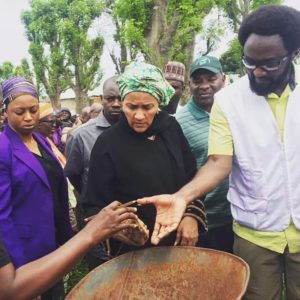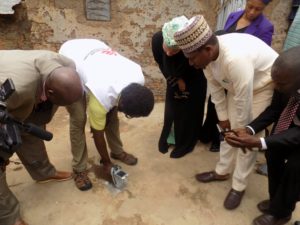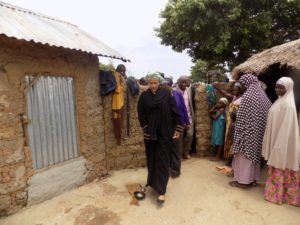CODE launches Ewah Eleri Climate Justice Fellowship, selects 5 winners
Five young Nigerians have emerged as the inaugural fellows of the Ewah Eleri Climate Change Fellowship implemented by Connected Development (CODE), Africa’s leading civil society organization.
The winners were announced at a press briefing held in Abuja on November 1. The fellows are the first cohort of the prestigious fellowship named after the Executive Director of the International Centre for Energy, Environment & Development (ICEED), Ewah Eleri, and will serve as technical advisers to the Nigerian government at the forthcoming United Nations (UN) Conference of the Parties (COP) on Climate Change, holding at Sharm el-Sheikh, Egypt from 7-18 November 2022
This fellowship will also serve as an opportunity for the fellows to engage signatory governments on plans for nations of the world to jointly address climate change and its impacts. This conference could be a chance to turn the Glasgow outcome into action, through implementing climate change adaptation, mitigation, and financial strategies.
Speaking at the ceremony, the Chief Executive, of CODE, Hamzat Lawal, noted that the COP, stands as the supreme decision-making forum of the United Nations Framework Convention on Climate Change (UNFCCC) and there is a need to empower young leaders who can contribute to solving climate change.
“Leveraging innovation and technology, young people have an advantage and can contribute immensely to solving climate change. This is why we are taking the step to empower young leaders who can shape the very important conversation at COP 27.”
“This is a legacy inspired and named after my mentor, Ewah Eleri. I’m optimistic that it will bear the right fruit,” Lawal said.
On his part, Eleri explained that the initiative was necessary following the hazards experienced in recent times, such as flooding which had destroyed lives and properties as well as rendered thousands of citizens homeless.
According to him, it’s important for Nigeria to begin to convert climate transition to opportunities, build resilience with people through human capacity development and create more awareness of climate justice.
The winners include Gift Olivia Samuel, Seasoned Journalist of The SightNews; Gregory Odogwu, Environmental Columnist at Punch Newspaper; Idowu Esuku – aka Climate Man, A Climate Change musician, and activist; Etta Michael Bisong, Abuja bureau chief EnviroNews Nigeria and bio-diversity advocate; and Hyeladzira Msheila – Climate Change Activist.
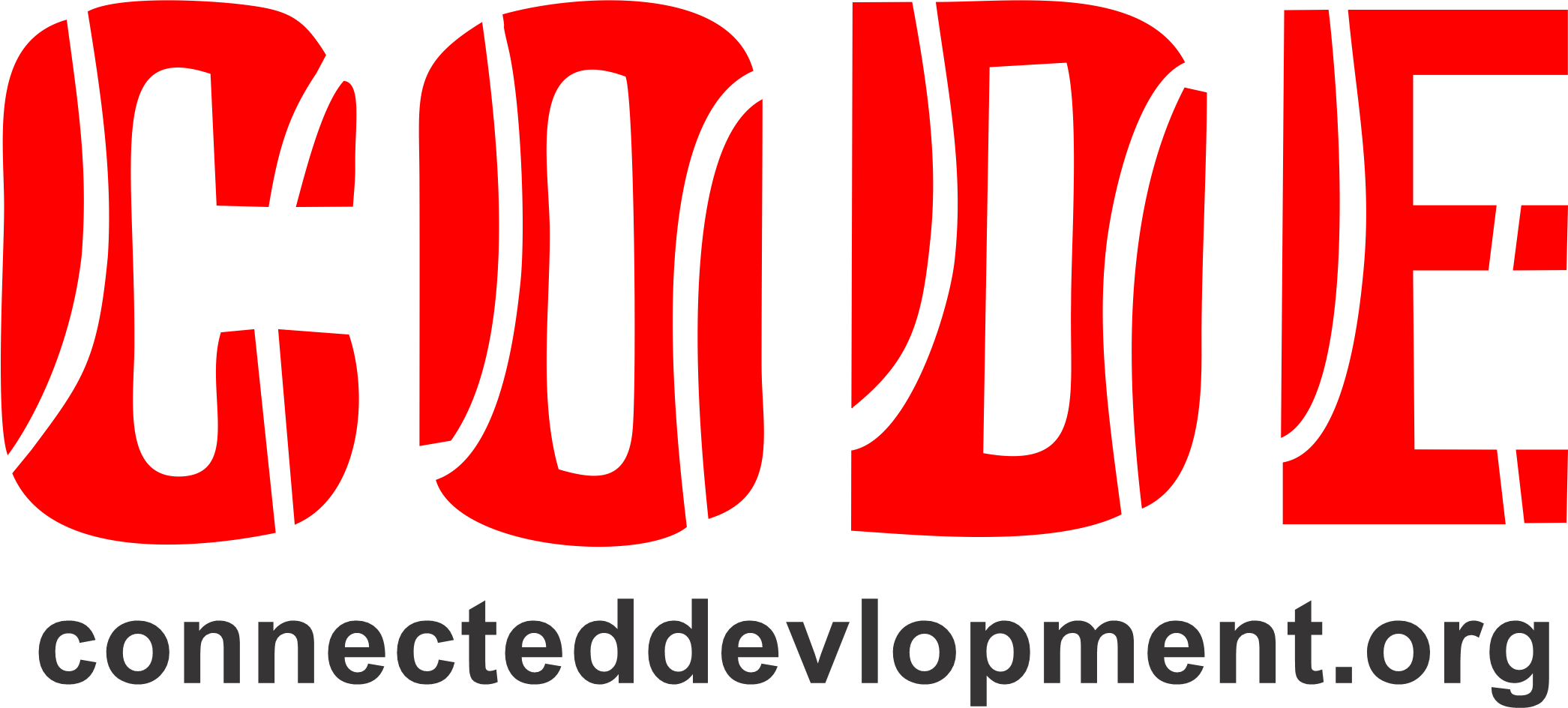
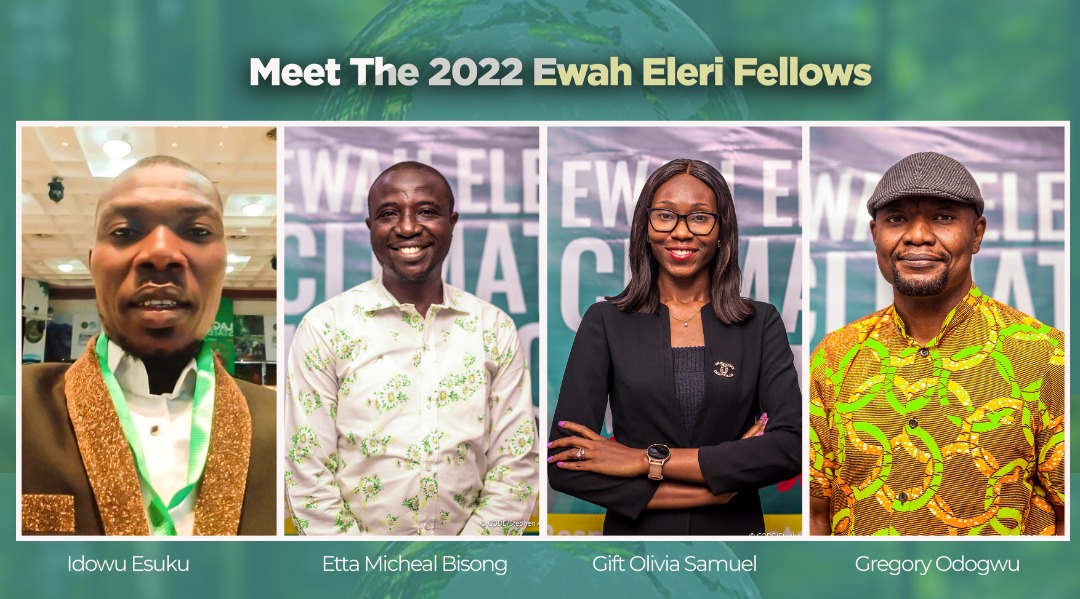
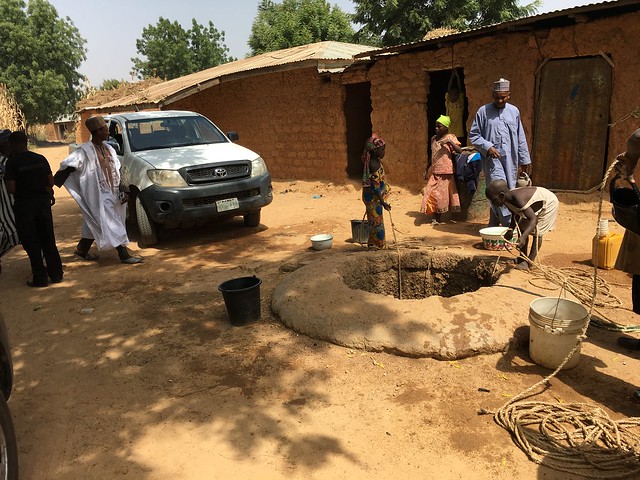


 On my way home I felt I didn’t do quite well at the interview so I was really concerned that they wouldn’t employ me. I called my sister and told her about the interview and how I think I messed up but she told me to calm down and not overthink things.
On my way home I felt I didn’t do quite well at the interview so I was really concerned that they wouldn’t employ me. I called my sister and told her about the interview and how I think I messed up but she told me to calm down and not overthink things.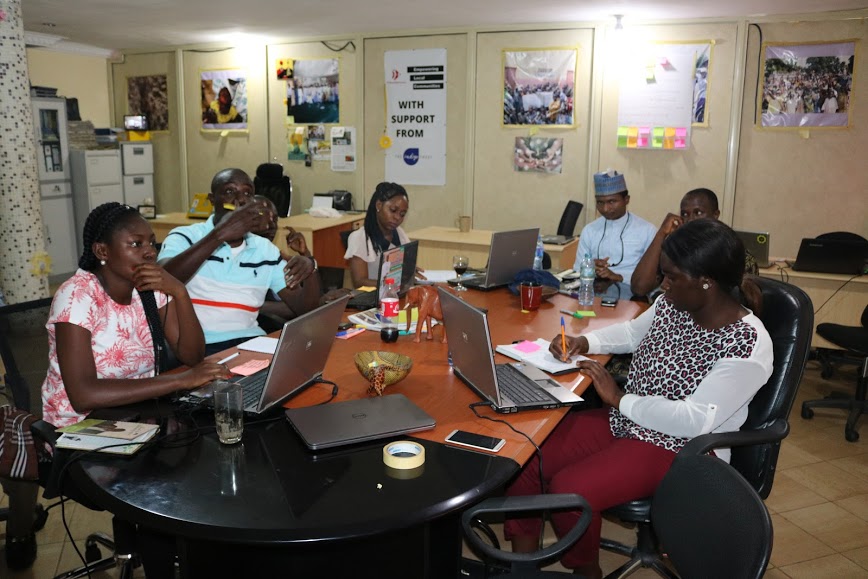
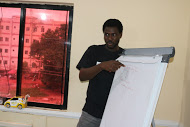 Speaking at an In-house training organised by CODE, the monitoring and Evaluation Officer, Oludotun Babayemi said Follow The Money is planning a virtual newsroom that will run 24 hours – several times in a month with the objective of strengthening the voice of 95 million Nigerians leaving in rural communities in Nigeria, while increasing their participation in governance.
Speaking at an In-house training organised by CODE, the monitoring and Evaluation Officer, Oludotun Babayemi said Follow The Money is planning a virtual newsroom that will run 24 hours – several times in a month with the objective of strengthening the voice of 95 million Nigerians leaving in rural communities in Nigeria, while increasing their participation in governance. 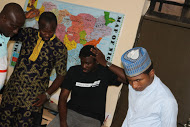
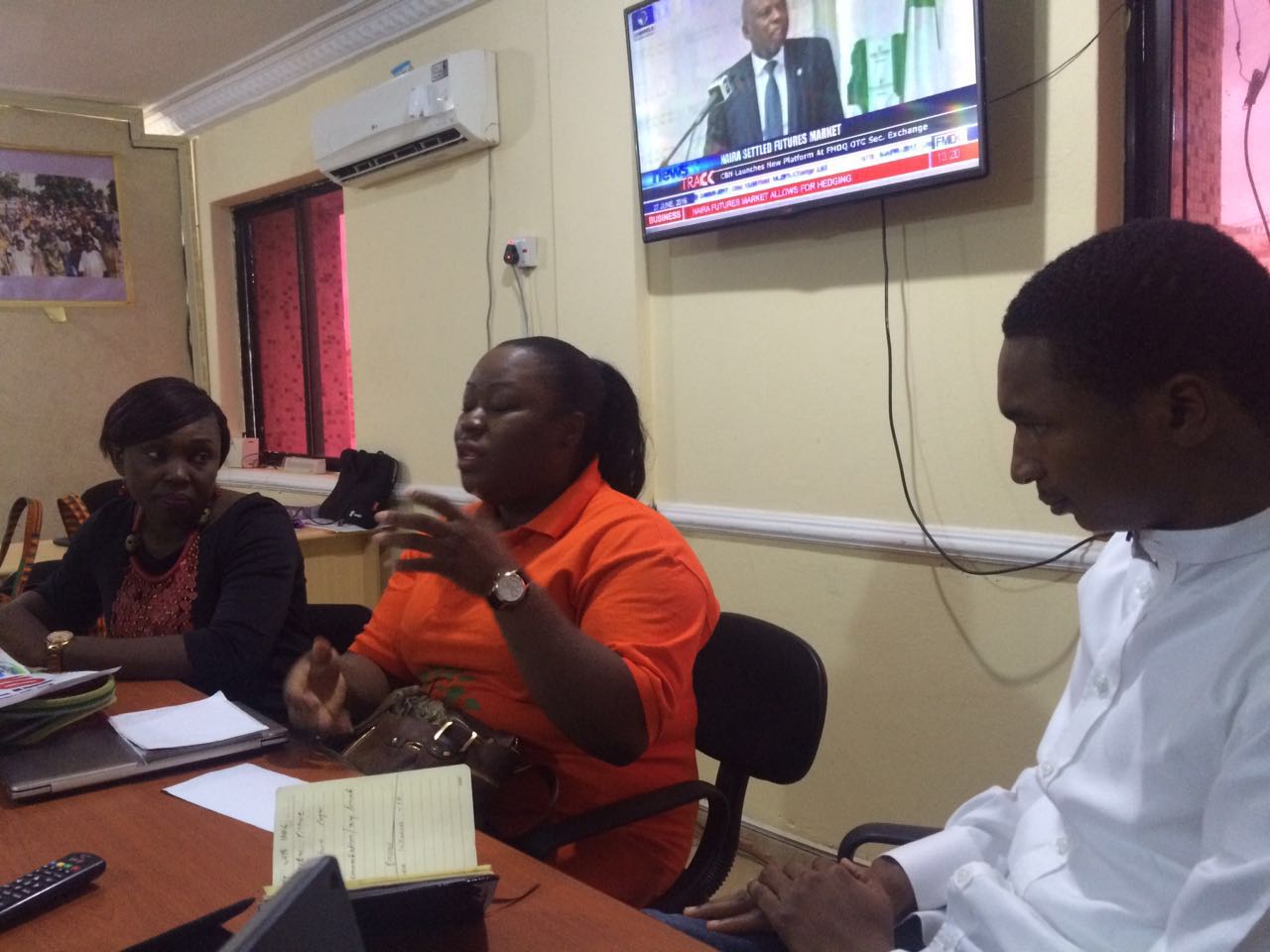
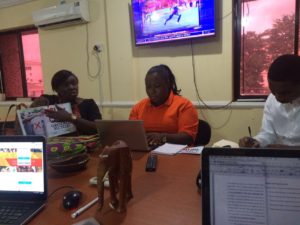 She said that about 50,000 or more stickers will also be launched, adding that the stickers will be at the bumper of every cabs and keke in Abuja environs.
She said that about 50,000 or more stickers will also be launched, adding that the stickers will be at the bumper of every cabs and keke in Abuja environs.
